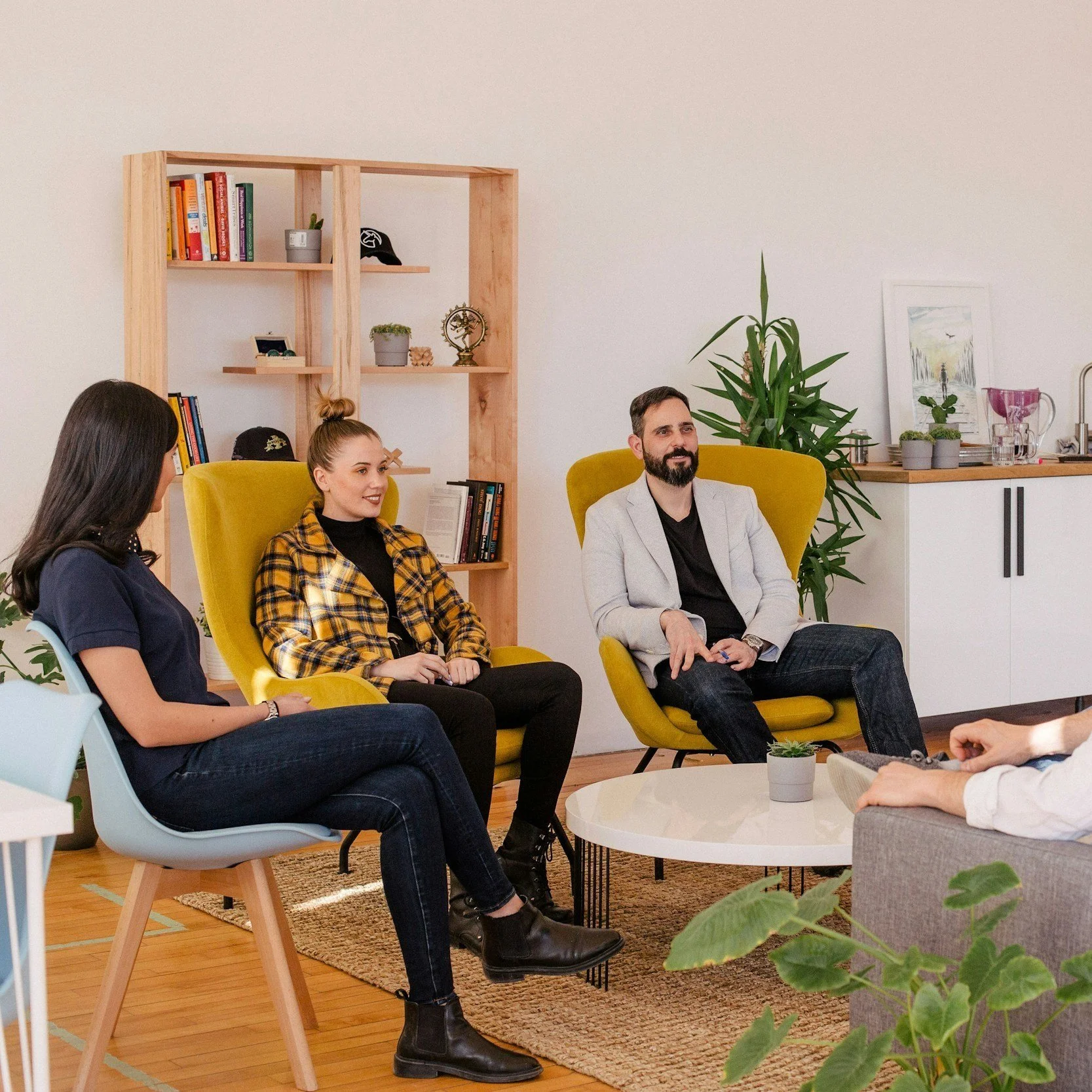A simple guide to accessing Medicare rebates for psychology sessions at Life Matters Psychologists in Hamilton
How to get a Medicare Mental Health Care Plan in Newcastle
If you’re considering seeing a psychologist, a Mental Health Care Plan (MHCP) from your GP can make sessions more affordable. At Life Matters Psychologists, we help clients every day use their plans to access quality care in Newcastle and beyond. Our dedicated Client Care team can also guide you through the process step by step, so you don’t have to navigate it alone.
What is a Mental Health Care Plan?
A Mental Health Care Plan is created by your GP. It includes a referral to see a psychologist (and sometimes other supports such as medication). With an MHCP, you can access up to 10 Medicare-rebated psychology sessions per calendar year, which reduces your out-of-pocket costs.
At Life Matters, rebates currently bring the cost of a standard session with our psychologists down significantly once applied.
5 important things to know about a MHCP
Initial 6 sessions: You’ll start with 6 rebated sessions. After this, your psychologist provides an update to your GP, who may refer you for up to 4 more sessions in the same year.
Calendar year limit: You can claim a maximum of 10 Medicare-rebated sessions per year.
Referrals are flexible: Even if your GP addressed your referral to another clinic, you can still use it at Life Matters Psychologists. There’s no need to go back to the GP to change your plan.
Referrals don’t expire: They remain valid beyond the year they were written, but the 10-session limit resets each January, so it’s worth keeping track.
We’ll support you: Our Client Care team can liaise with your GP and keep track of how many sessions you’ve used, so you don’t have to worry about the admin.
How to get a MHCP in 4 simple steps
Book a GP appointment – Tell your GP you’d like to discuss a Mental Health Care Plan.
Prepare notes – Write down your symptoms and challenges, even if they fluctuate day-to-day.
Receive your referral – Your GP will prepare the plan and either email it to us or give you a paper copy.
Book your appointment – Call our Hamilton office or use our online booking system to secure your first session. Our Client Care team will handle the rest.
What it looks like in practice
First time seeking support: You visit your GP, receive a referral, and book your first 6 sessions with one of our psychologists. After these, we update your GP and you may be referred for 4 more sessions if needed.
Changing clinics: Your referral lists another practice, but you’d prefer to see us. No problem — we can accept it without requiring changes.
Telehealth: If you can’t attend in person, you can use your MHCP for online sessions with our psychologists.
Ready to get started?
If you have a referral already, you can book straight away. If not, simply book a GP appointment and bring your plan to your first session. Our Client Care team will take care of the details.
Behaviour is communication: learning to listen differently
When a child acts out, it’s not about defiance or disrespect. It’s about trying to communicate something they can’t say in words.
Instead of punishment, try curiosity.
What’s behind the behaviour?
What unmet need is your child expressing?
Are they scared, tired, lonely?
Changing your response to one of understanding opens up new pathways for connection and healing.
Creating calm spaces: at home, at school, in life
Our nervous systems are wired to detect threat, and when children feel threatened, fight, flight, or freeze kicks in. Creating calm, safe environments reduces triggers.
Think routines, clear expectations, quiet corners for downtime, and patient responses. Work with your child’s school to build support, not punishment.
When to reach out for support
Sometimes the journey feels overwhelming, and that’s okay. Getting help from professionals who truly understand emotional regulation, attachment, and behaviour can make all the difference.
At Life Matters Psychologists, we offer compassionate, practical support tailored to your family’s unique needs.
Keen to connect with a psychologist? Reach out here
You are not alone on this journey
Parenting resilient kids isn’t about perfection. It’s about showing up, trying, falling down, and getting back up again. When you shift your lens from “fixing behaviour” to “understanding the child,” everything changes.
Thank you for being willing to explore new ways, to see the whole child, and to hold space for their feelings, even the big, messy, confusing ones.
Keen to keep learning and growing as a parent or carer? Here’s a list of helpful articles on The Life Blog:
Get in touch
Give us a call, send an email or fill in the form if you’re interested in more parenting resources, face-to-face sessions with Lynn, or online courses and webinars.









